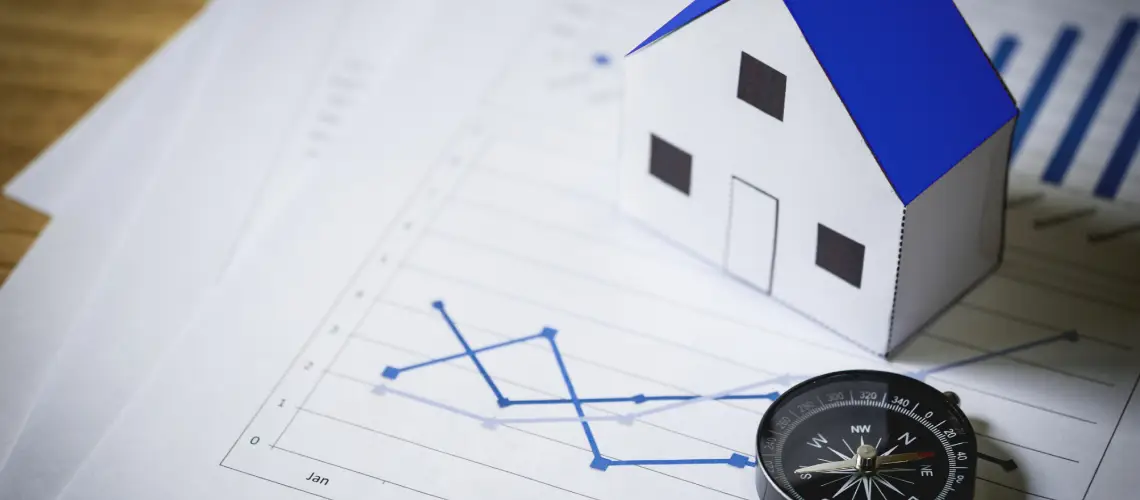Understanding Property Valuation
Property valuation is the process by which the economic value of real estate is determined, either by direct comparison, using similar properties, or by assessing the present worth of future benefits that might be derived from property ownership. This seemingly straightforward process can become muddled when properties are either over-valued or under-valued. Both scenarios come with their own sets of risks and consequences for both sellers and buyers.
The Dangers of Over-Valuation
1. Extended Time on the Market
An over-valued property tends to sit longer on the market. Potential buyers may be deterred by what they perceive as an inflated price. As the property lingers, it might give the impression that something is wrong with it, further driving potential buyers away.
2. Difficulty Securing Financing
Lenders rely on accurate property valuations to grant loans. If a property is over-valued, it may not appraise for the selling price, leading to financing challenges for potential buyers.
3. Potential for Reduced Final Sale Price
Properties that are initially over-valued might eventually need to undergo price reductions to attract buyers. Ironically, this can sometimes result in the property selling for less than its actual worth.
Risks of Under-Valuation
1. Lost Profits for Sellers
An obvious consequence of under-valuation is that the seller might end up receiving less than the property’s true market value. This translates to potential lost profits that can be substantial, especially in high-value areas.
2. Missed Opportunities for Buyers
Properties that are under-valued can get snatched up quickly, often in competitive bidding wars. This fast-paced environment might deter some potential buyers from even entering the fray, causing them to miss out on potentially ideal properties.
3. Potential for Future Buyer’s Remorse
While buying an under-valued property might seem like a steal initially, it can sometimes lead to unforeseen expenses. Necessary repairs or upgrades might have been overlooked in the valuation process, leaving the buyer with unexpected costs.
Implications for the Real Estate Market
Stability and Predictability
Accurate property valuation contributes to a stable and predictable real estate market. When properties are consistently over-valued or under-valued, it can lead to market volatility, with sharp increases or decreases in property prices.
Trustworthiness
Property valuation affects the perceived integrity of the real estate industry. Consistent discrepancies in valuation can erode trust among consumers, making them wary of entering the market or making informed decisions.
- Over-valuation: Can lead to inflated market prices and distrust among buyers.
- Under-valuation: Can cause rapid sales, potentially destabilizing the market and short-changing sellers.
- Accurate valuation: Helps maintain market equilibrium, fostering trust and informed decision-making among consumers.
Mitigating the Risks of Inaccurate Valuations
To safeguard against the pitfalls of over-valuation and under-valuation, it’s crucial to engage with reputable professionals. Real estate agents, property appraisers, and industry experts can offer invaluable insights. By conducting thorough market research and staying informed, both sellers and buyers can navigate the challenges of property valuation and ensure their real estate transactions are beneficial for all parties involved.



